The views expressed in our content reflect individual perspectives and do not represent the authoritative views of the Baha'i Faith.
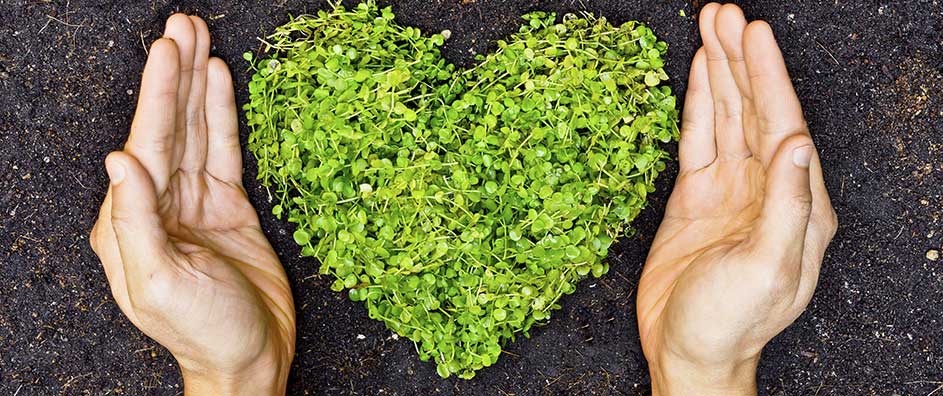 This is Part 1 of Climate Adaptation: A Hunger for Consensus :
This is Part 1 of Climate Adaptation: A Hunger for Consensus :
Clouds shrouded the mountains of an organic farm owned by John and Deb Currelly in Bois d’Avril, Haiti. I leaned into my chair and watched the clouds scuttle across the sky with a small team of teachers and environmentalist Jane Wynne, who inherited her passion from her father, one of the original Men of the Trees. We smiled down the Utopian hill toward the winding road, flanked by huts where subsistence farm families hung their laundry and drew their water from PVC pipes and knew simple contentments handed down over generations. Women carried their wares in baskets on their heads, down a steep hill to the town. At a small logging operation, two men hefted their log to the mill by hand. (Nothing the length of a logging truck could ascend that steep road, so they seemed not to miss the fact that they had none.) Simplicity did not deter them from planting, raising children and appreciating the fact that at last, the Currelly couple had opened the little schoolhouse so children could learn in the village for the first time in many years.
The townspeople gathered to attend the first teacher training meeting. As they left that first night, one man walked straight to the hut of his father, the spiritual leader of the community, to explain that the community had decided to play a stronger role in the education of the children, because “each generation must stand on the shoulders of the last.” The next day, another man showed up with a shovel to bury the trash behind the schoolhouse instead of incinerating it, as usual. The children began to recycle trash as art. The teachers planned integrative educational approaches, to awaken the children to a sense of their participation as meaningful members of their community. Teacher Christelle had the children teach the parents non-erosive farming techniques, to prevent the soil erosion that leeched their crops of the precious rainwater upon which their livelihoods depend. In this community, everyone worked together, and even though life looked much the way it always had, in some ways, change happened quickly –through joint community action and innovation.
Some adaptations come from the simple willingness to learn rather than from vast sums of money. What can the West learn from such communities about adapting to a changing climate?
I thought about this as we drove in the rain on a wintry night our Sierra Foothills, grateful for the snow about to quench the panicky thirst of the California drought. A National Public Radio story shared the news of a new study from the Intergovernmental Panel on Climate Change (IPCC) with input from 308 scientists, 99.7% of whom signed a statement predicting consequences of climate change more dire than ever. They hoped human interventions would intercede before the predicted four-degree increase in temperature brings about water wars, hunger and imminent economic collapse – but will it?
One scientist made a strong point: When humans see that something isn’t working, they adapt. The potential tools of adaptation include not only technology, innovation, science and brilliant economics among the next generation of students. The most essential wrench in the toolbox is the one that squeezes the least – the capacity to simply agree on a goal, not just to achieve unity but to want consensus and value it over identity with an entrenched position.
Climate specialist Joanna Macy points out the ineffectiveness of attacking a system in protest. She suggests, rather, recreating systems that work within the current structure. This requires ingenuity, thinking outside the box, adaptation, and consensus-building. The tools spring from not only scientific approaches but from a deep-seated belief that we can do (and undo) more together than we can alone.
It is our conviction that any call to global action for environment and development must be rooted in universally accepted values and principles. Similarly, the search for solutions to the world’s grave environmental and developmental problems must go beyond technical-utilitarian proposals and address the underlying causes of the crisis. Genuine solutions, in the Baha’i view, will require a globally accepted vision for the future, based on unity and willing cooperation among the nations, races, creeds, and classes of the human family. – Baha’i International Community (1997) Earth Charter, UN.
Read the next article: Climate Conversations: Need as a Unifier


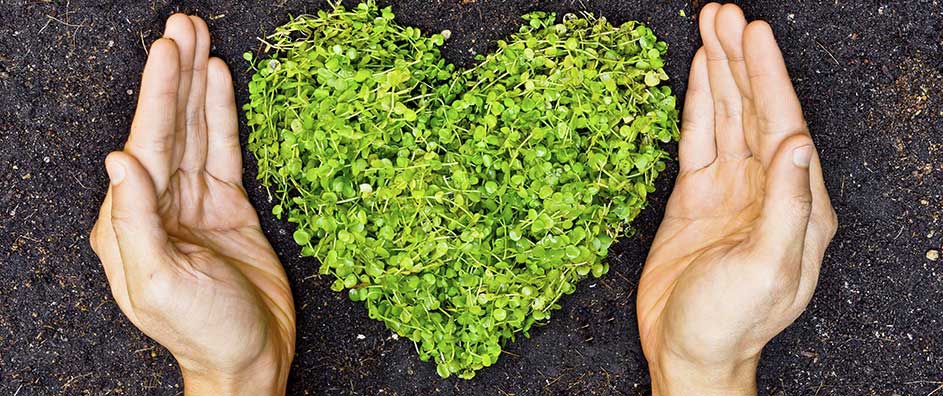
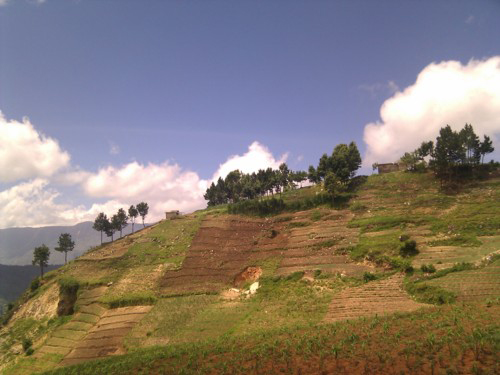
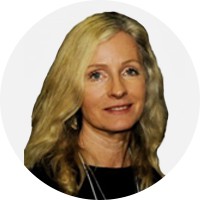
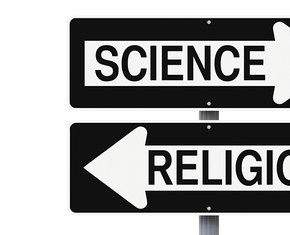











Comments
Sign in or create an account
Continue with Googleor